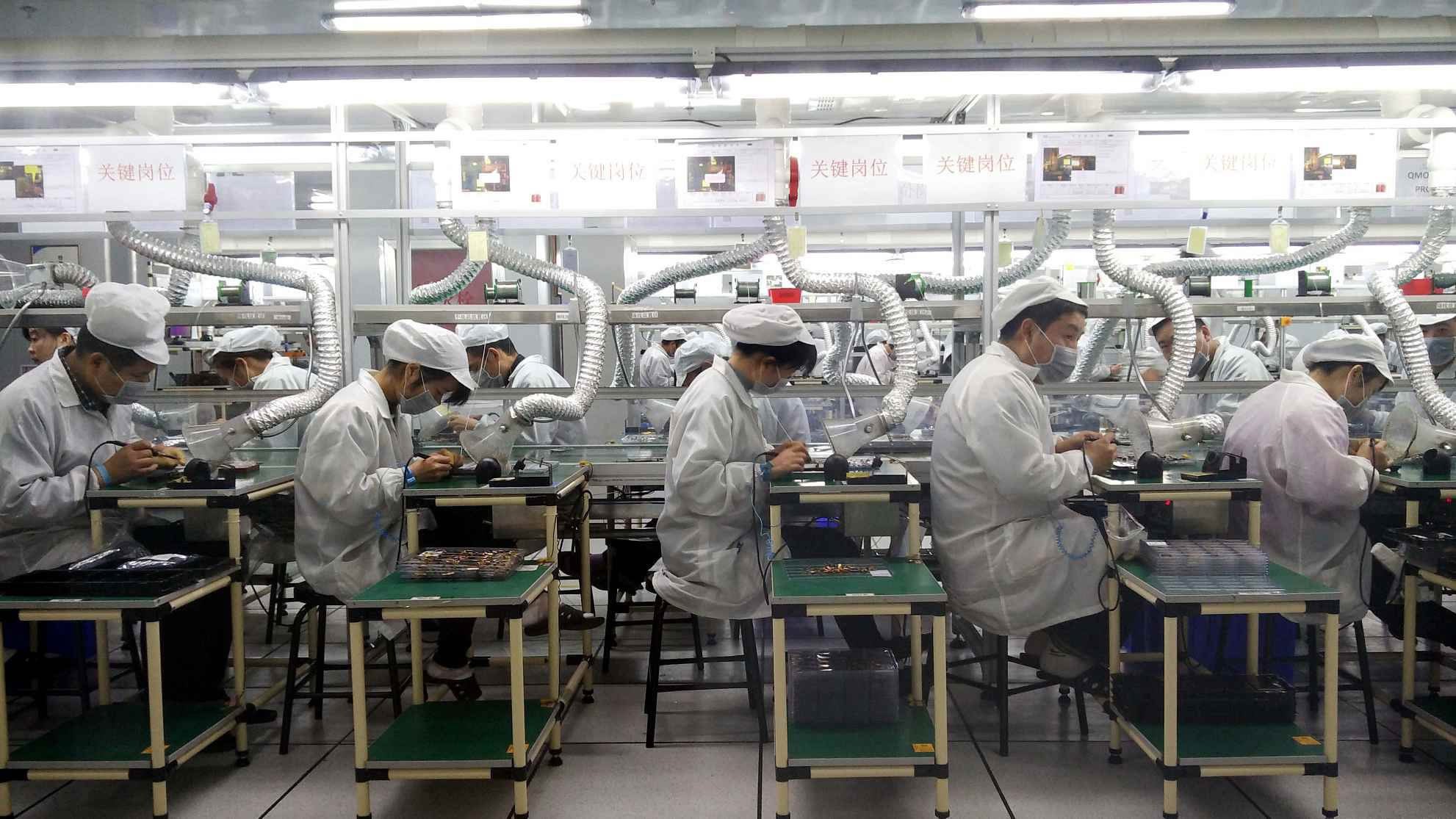
Workers in a semiconductor factory in Taiwan - Photo: PD
Speaking with Tuoi Tre Online , Mr. Han Quoc Dieu - Director of the Taipei Economic and Cultural Office in Ho Chi Minh City - said that the Taiwan Ministry of Education has just announced the "International Industrial Talent Education Special Program" (INTENSE) for students from Vietnam, Indonesia and the Philippines.
The INTENSE program will focus on training in science and technology, chips, semiconductors, etc., with a combination of three parties: the government, businesses, and universities. Taiwan will pay all tuition fees, businesses will support students with 10,000 NTD per month (about 7.7 million VND), and universities will coordinate training according to orders.
The training period is 2 years. After completing the program, international students will work for at least 2 years for the supporting Taiwanese enterprise. After that, students can choose to continue working in Taiwan or return to Vietnam.
According to Mr. Dieu, the curriculum will be designed by the Taiwanese university depending on the needs of the ordering enterprise. In 2 years, students will only learn a part of the semiconductor field that the enterprise needs. It does not require extensive study but requires students to study deeply.
That's why the program will recruit those who already have a foundation, such as those who have graduated with a bachelor's degree in engineering, or those who are in their 2nd or 3rd year of college.
In the first year, it is expected to recruit 6,000 students from 3 countries: Vietnam, Indonesia and the Philippines for 2 admission periods: fall (September) and spring (February). Representatives of Taiwanese universities will come to interview potential students directly.
Mr. Dieu believes that to attract semiconductor businesses to Vietnam, human resources are needed first. In addition, some factors that seem easy but are also quite challenging are ensuring 24/7 power and water supply. Because if there is a power or water outage, the semiconductor chip line in the factory will immediately be damaged.
"In addition, Vietnam can start with one or two specific areas in the semiconductor industry and do the best. I think those are the stages of IC design, testing and packaging. Next, Vietnam will gradually move on to producing simple chips," said Mr. Dieu.
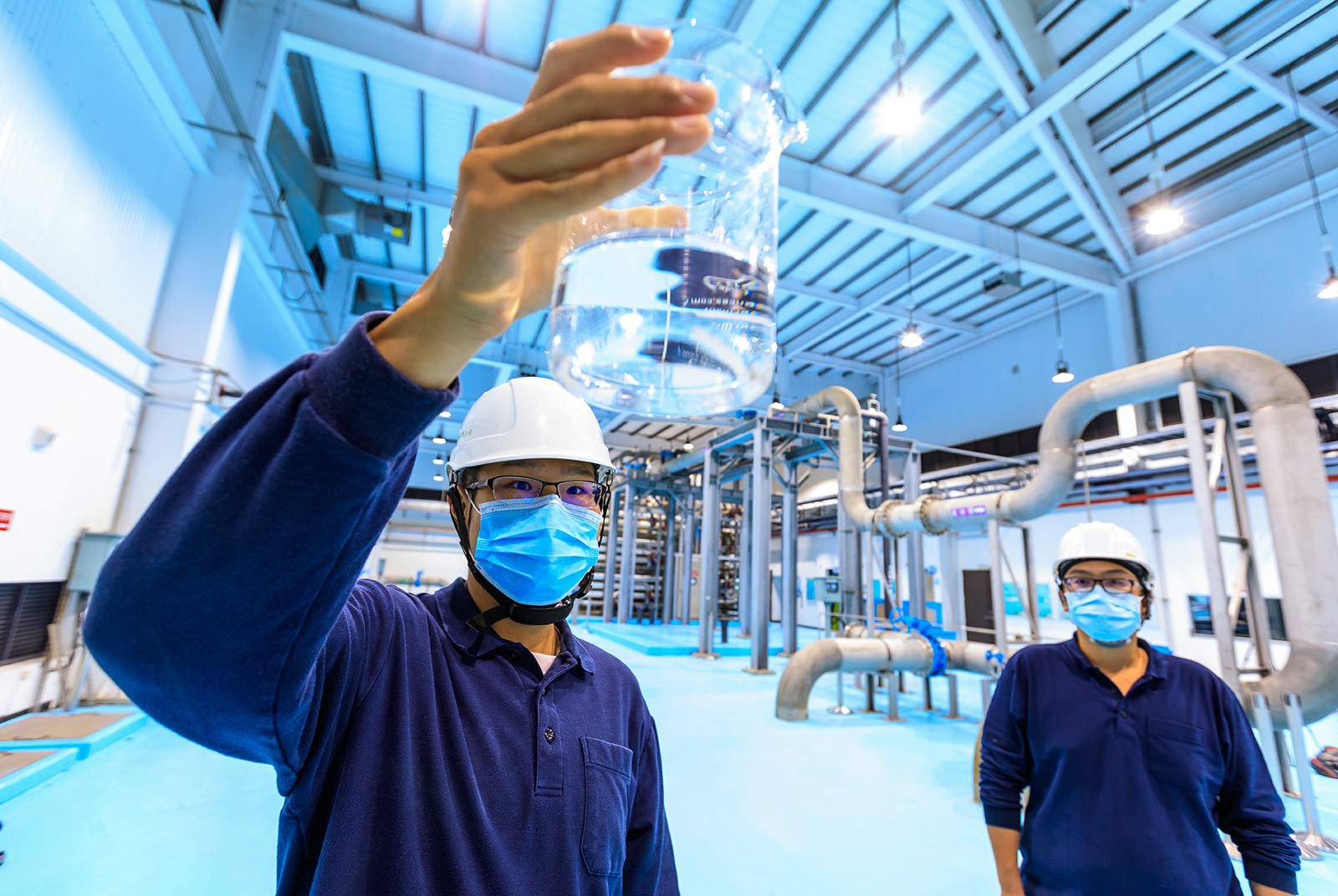
Experts in a semiconductor factory in Taiwan - Photo: COMMON WEALTH
Taiwanese semiconductor companies like to cooperate with universities
Mr. Han Quoc Dieu believes that Taiwanese enterprises, including semiconductor enterprises, are very interested in investing in university research projects. Not all enterprises in Taiwan have R&D departments. Therefore, cooperation with universities will be more cost-effective, which is very suitable for small and medium-sized enterprises.
When the results are out, the university will transfer them to the business. Usually, both parties will benefit from a new technique. The business profits from the new product will be paid royalties to the university by the business.
Taiwan's Ministry of Education always publicizes on its website the connection between schools and businesses, such as the employment rate of graduates, which schools' students are most preferred by businesses, the level of satisfaction of businesses with students of each school, etc.
Source


![[Photo] Prime Minister Pham Minh Chinh meets with US business representatives](https://vphoto.vietnam.vn/thumb/1200x675/vietnam/resource/IMAGE/2025/5/13/5bf2bff8977041adab2baf9944e547b5)





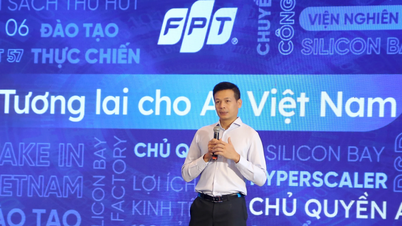






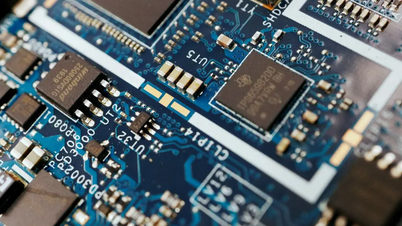



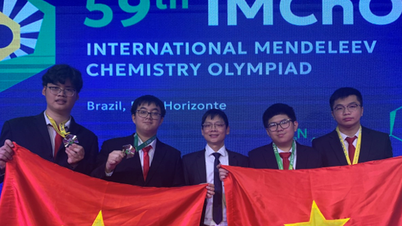

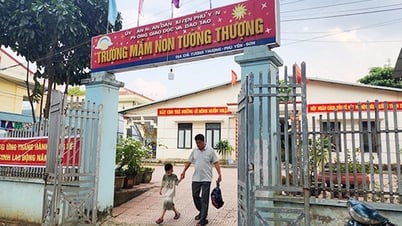
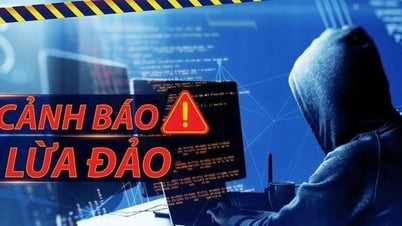
![[Video] Research proposes abolishing junior high school diploma](https://vphoto.vietnam.vn/thumb/402x226/vietnam/resource/IMAGE/2025/5/13/c8b1dd308437456e9d5c796d89db841f)










![[Photo] Prime Minister Pham Minh Chinh receives Swedish Minister of International Development Cooperation and Foreign Trade](https://vphoto.vietnam.vn/thumb/1200x675/vietnam/resource/IMAGE/2025/5/12/ae50d0bb57584fd1bbe1cd77d9ad6d97)













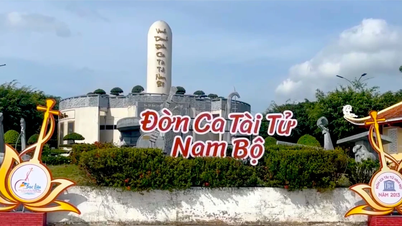





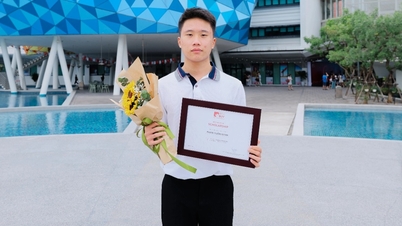









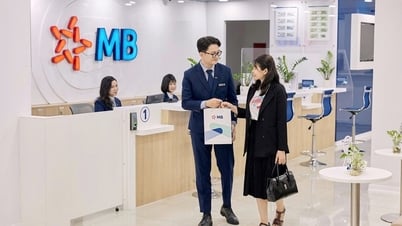

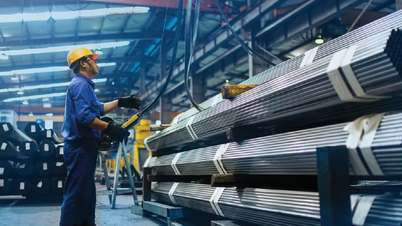






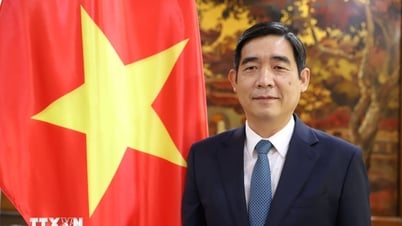






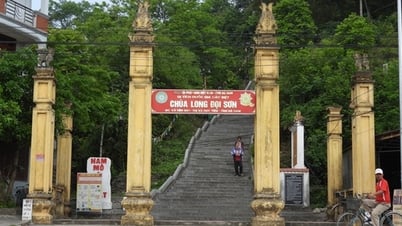


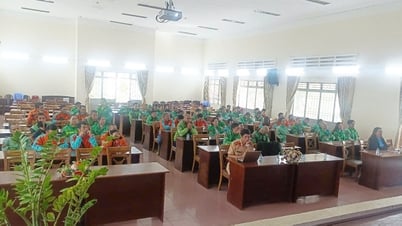
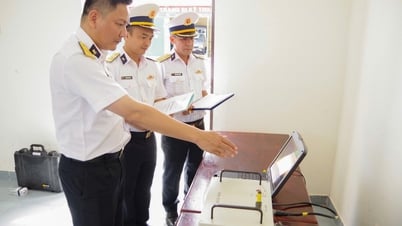





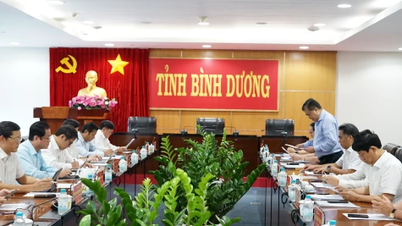












Comment (0)